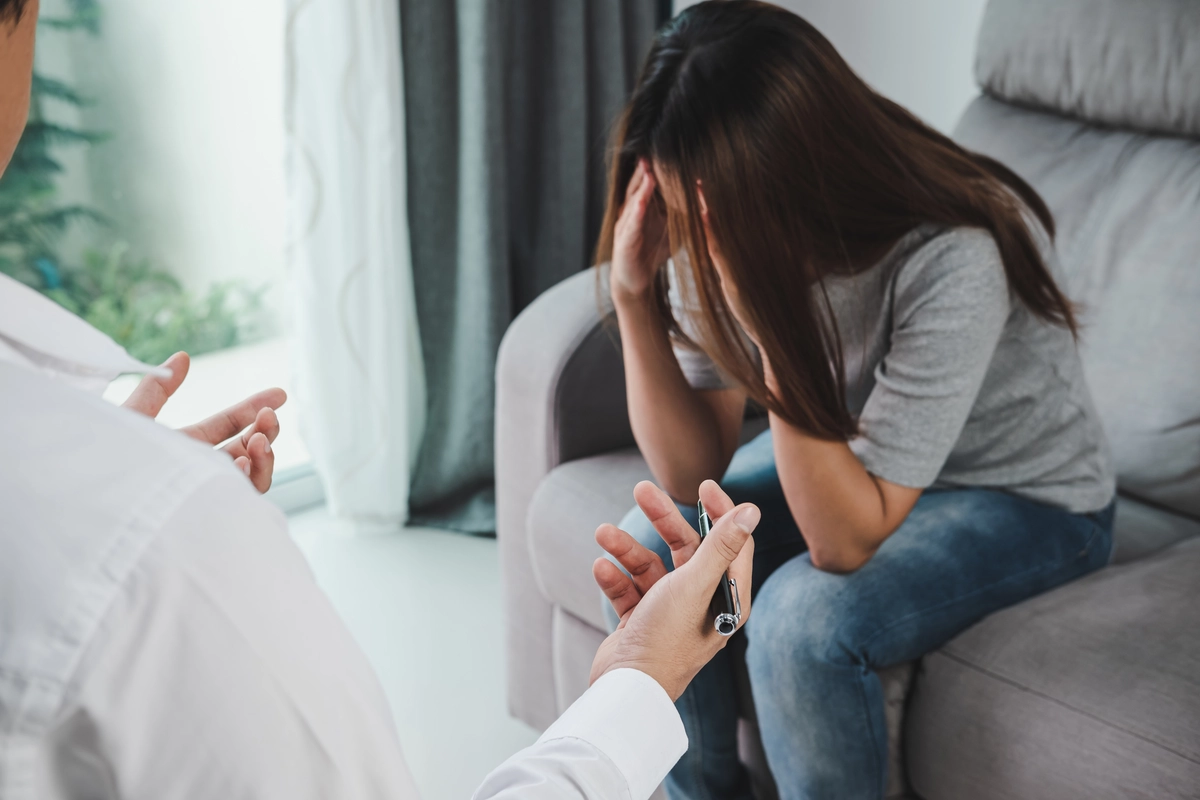24/7 Helpline:
(866) 899-221924/7 Helpline:
(866) 899-2219
Learn more about OCD Treatment centers in Page County
OCD Treatment in Other Counties

Other Insurance Options

Choice Care Network

Aetna

AllWell

American Behavioral

Magellan

Absolute Total Care

Lucent

BlueCross

Optum

CareFirst

Optima

Medical Mutual of Ohio

Magellan Health

MVP Healthcare

Oxford

GEHA

Holman Group

Carleon

Horizon Healthcare Service

Health Net

Zion Recovery
Located in Clarinda, Iowa, Zion Recovery offers alcohol and drug rehab services. They provide reside...

Waubonsie Mental Health Center
Waubonsie Mental Health Center is a private rehab located in Clarinda, Iowa. Waubonsie Mental Health...






























































Waubonsie Mental Health Center
Waubonsie Mental Health Center is a private rehab located in Shenandoah, Iowa. Waubonsie Mental Heal...





























































